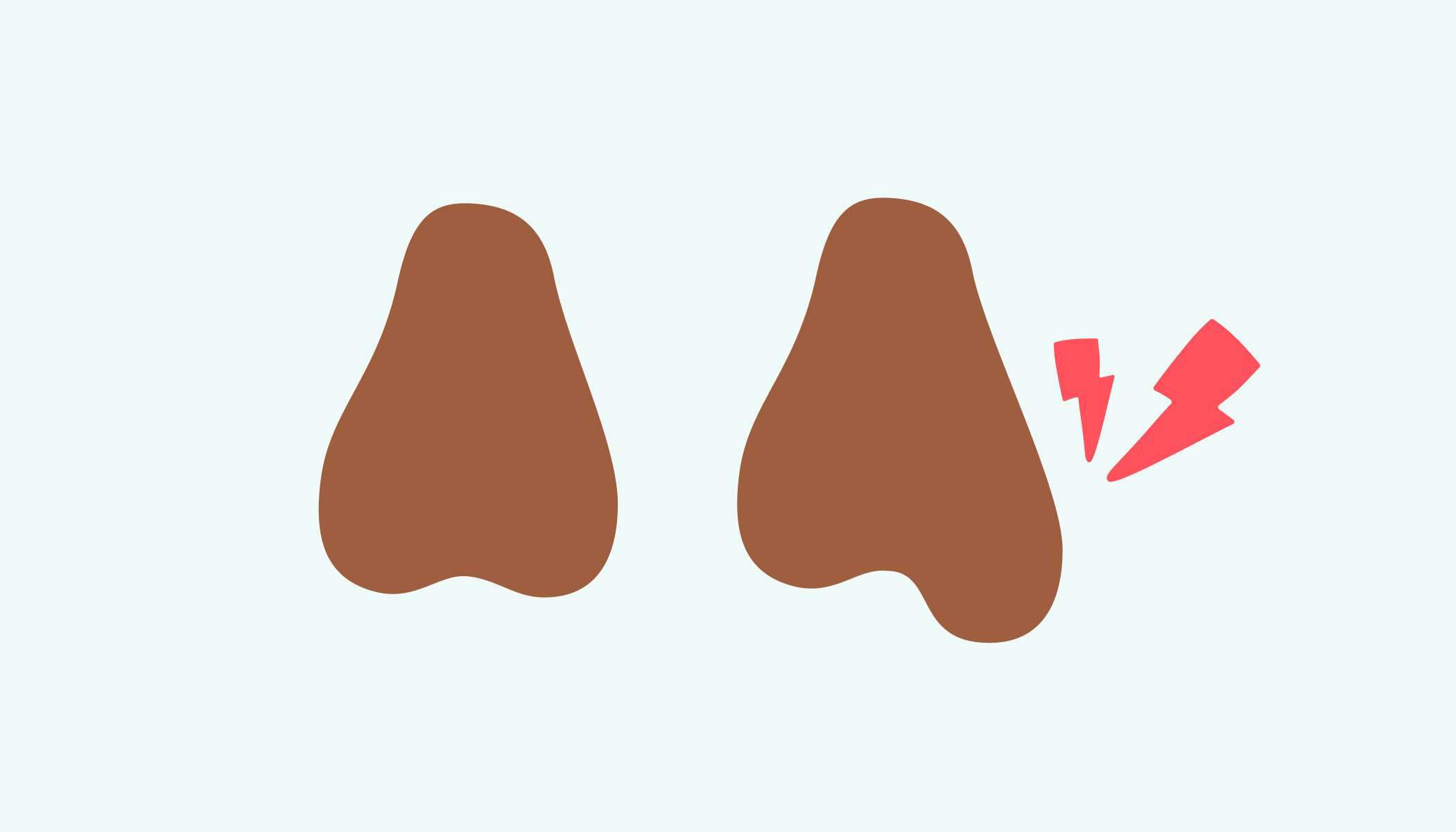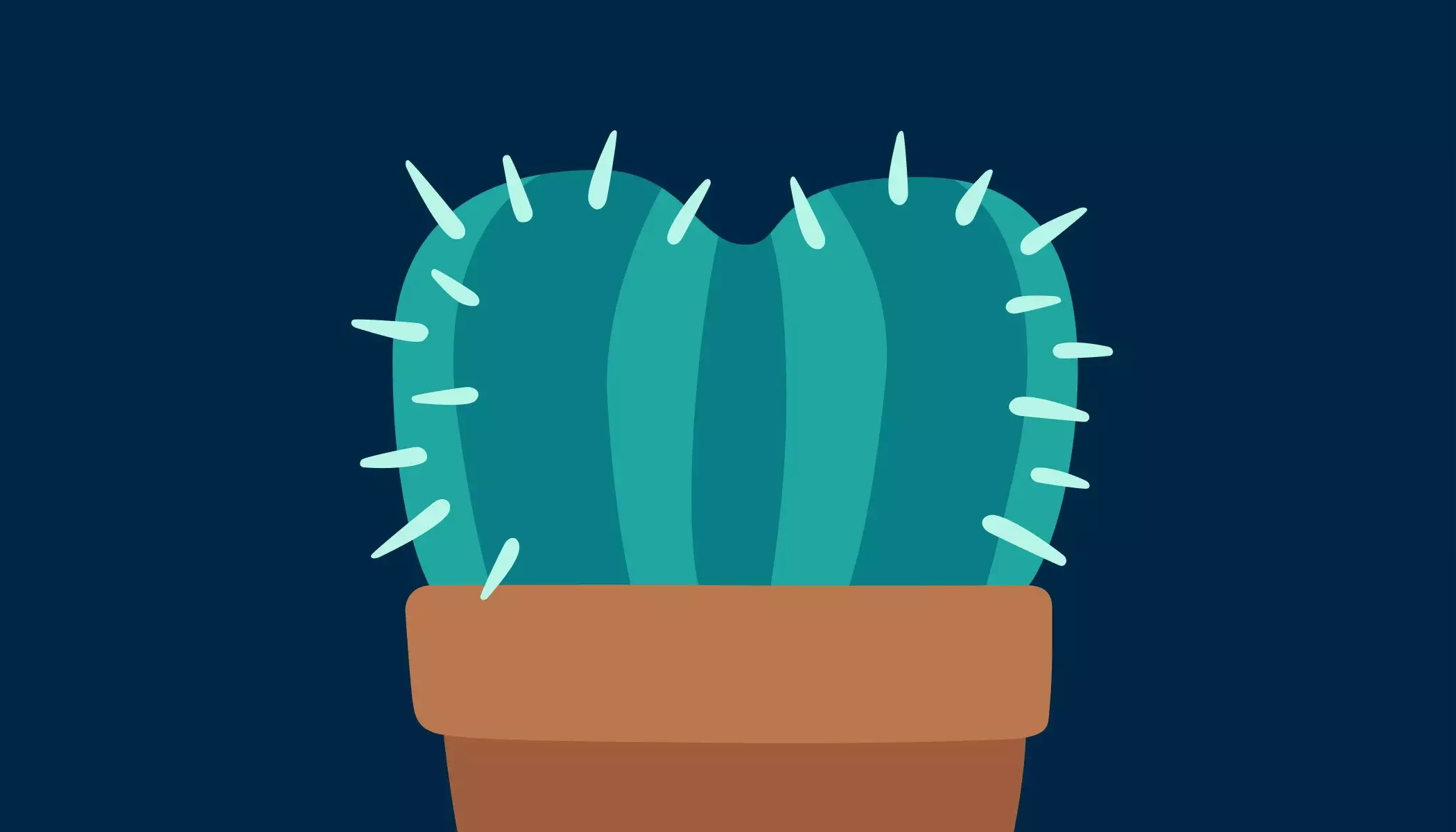The testicles have two basic functions. First, they’re responsible for the production of sperm. Second, they help make testosterone – this is the hormone that helps develop traits like a deep voice and beard growth.
How should a testicle feel?
Most men’s testicles are roughly the same size, though one is usually slightly bigger than the other and one may hang lower than the other.
Testicles should feel smooth, without any lumps or bumps, and firm but not hard. You may feel a soft tube at the back of each testicle called the epididymis. This transports and stores sperm from the testicles.
It’s important to check your testicles regularly from puberty onwards. It’ll help you get to know what’s normal for you so that you can spot any changes quickly.
What are the signs of testicular cancer?
Common signs of testicular cancer include:
- A lump in the testicles
- A change in size or shape of testicles
- A dull ache or pain
- A feeling of heaviness in the testicles
Testicular cancer is rare – there are several other reasons why the testicles may be painful, like an infection, trauma, inflammation or cysts.
Testicular cancer is very treatable, but it’s easier to treat when diagnosed early, so make sure you get any symptoms checked by a doctor.
How to check for testicular cancer
The best time to check is during, or immediately after, a warm bath or shower when your scrotum is relaxed.
Cup your testicles in the palm of your hand.
Use your fingers and thumb to feel each testicle.
Ask yourself these questions:
- Are there any lumps or swellings?
- Do you feel any aches or pains?
- Are there any new differences between your testicles?
- Have they changed in size or shape?
Don't panic if you notice anything unusual, but see a doctor as soon as you can.
How common is testicular cancer?
Though it’s still rare, testicular cancer is on the rise. It only accounts for 1% of all male cancers, but rates are predicted to increase by 25% by 2025 in Europe.
Testicular cancer occurs most frequently in young adult men – it’s the most common cancer in men from age 20-35. Unlike prostate cancer, testicular cancer risk decreases as you get older.
What causes testicular cancer?
Though the exact cause is not known, there are factors that can increase your risk — these include:
1. An undescended testicle
‘This is where the testicles do not descend from the abdomen into the scrotum by early childhood, and is the most important risk factor,’ says Dr Rhianna McClymont, Lead GP at Livi.
2. Family history
‘If your dad or brother developed testicular cancer, you’re at higher risk,’ Dr McClymont explains.
3. Twins
Twins may be at increased risk of developing testicular cancer.
4. Height
Men who are taller than average may also be at a higher risk.
How is testicular cancer treated?
The best treatment depends on the person and the stage of cancer. It often involves an operation to remove the testicle with cancer – this is called an orchidectomy.
Removing a testicle doesn’t usually affect your ability to have sex or get someone pregnant. ‘Having an orchidectomy will not prevent erection,’ says Dr McClymont.
In some cases, your doctor might recommend storing some of your sperm in a ‘sperm bank’ before your treatment.
When it comes to testicular cancer, early detection is key. So make self-checking a habit, and see a doctor if you notice anything that isn’t normal for you.
This article has been medically approved by Dr Roshaan Saloojee, a Livi GP.


